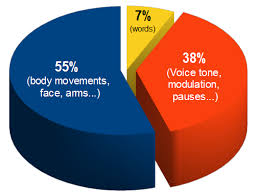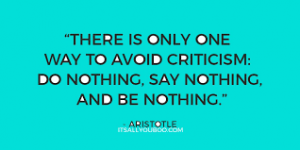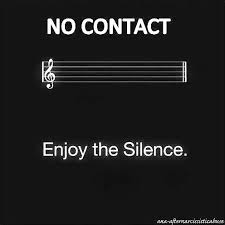
When arguing with narcissist it is important to know that you will never “win”, they will argue in an incoherent way and you will be left wondering “what just happened?”. They are deliberately destructive in their approach and are in the argument to win.
Here are some of the techniques that they use:
- They negate everything that you say (even when it isn’t an argument),
- So you say something like “my fried Mary is going to Greece on holiday next week”, they will reply “no she isn’t she is going to Spain”. They say it with such certainty that you start to question yourself, even though you know that the narcissist has never met Mary.
- They assume superior knowledge to you on absolutely everything even when it is blatantly obvious that they haven’t got a clue what they are talking about. For people who are so image conscious it is surprising that they don’t mind looking idiotic in this situation.
- There is absolutely no point in accusing them of wrong doing because they are never wrong and will never admit fault. It is likely to make them defensive, aggressive and more determined to “win”.
- Narcissists will never talk to you, they always talk at you, so you are never going to be able to make that connection and they will fire off one ridiculous statement after another.
- They will use the hamster wheel effect, which is that they will argue round and round in circles without ever getting anywhere. This is done to frustrate their “opponent” (and all conversations with narcissists are competitions) and you will just give up because it is clearly a futile conversation.
- They will hop from topic to topic. You could be talking about a domestic issue that needs to be resolved in a hurry and they will suddenly say “well you made us miss the flight to Paris three years ago!” “What?”
- They will talk at you in a really condescending and patronising tone which implies that they are seriously wondering if you are bright enough to follow the “conversation”. If you get angry with them for not sticking to the point they will tell you to calm down and not be so emotional.
- They will accuse you of things that they are doing. So they will accuse you of having an affair (because they are) and when you say “I was thinking that you might have been having one” they will go on the offensive and say “you are just saying that because I accused you first”. They are big into projecting their shortcomings/faults on to you or other people.
- They have a cycle of being reasonable and being completely hypocritical and unreasonable. This is very difficult because you never know which version of them is going to turn up. This allows them to take the opening move like in a chess game giving them the upper hand because you always hold back to see who is showing up
- Never expect an apology there is no way that the narcissist will admit to any wrong doing, which means that there is no point in asking them to be accountable for their behaviour.
- Use “we” instead of “you” because this will sound less threatening to them and more likely to bring the argument to a speedier close.
- Don’t be provoked into taking their bait. They will try to escalate the argument simply because they find it fun and love the drama.
- Pretend to take their excuses seriously in a way that they know you don’t such as “yeah right”, this is a very narcissistic thing to do because you are saying the right words but your tone and body language will let them know that you don’t believe them.
- These conversations are exhausting and futile so get out of there as fast as you can





